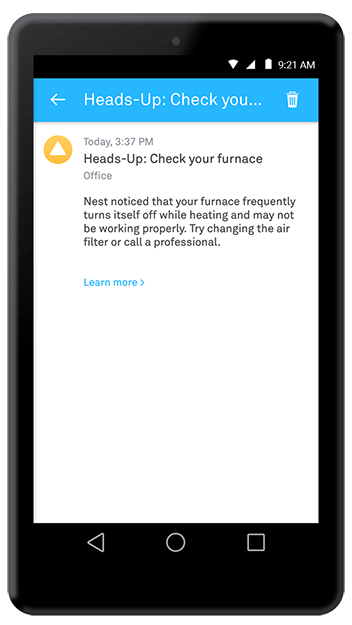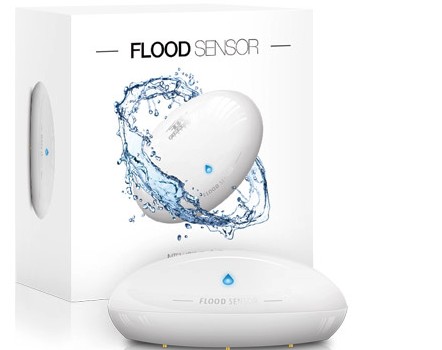Even though this has been an historically warm winter, it is useful to go over some of the methods you can employ to avoid issues when you go on vacation. Everyone knows of the dreaded pipes freezing when sub-zero temps blanket the frozen north land. But there are other things that can arise while you are away even in less frigid periods of winter.
Winterizing Your Home, Especially for Vacations
The first one is a no-brainer, but it is prudent here to remind everyone to make sure outside hose faucets are turned off.
When outside air temperatures get below freezing, your outside faucet can be destroyed and need replacing. You can prevent damage to your outside garden hose faucet (plumbers call this a “hosebibb” “hose bibb”, “hosebib”, or “sillcock”) from being damaged by taking a few simple steps.
Disclaimer: to ensure proper winter preparation you should always hire a professional to do this task and to make any necessary modifications or repairs prior to freezing weather. By following these directions the reader takes full responsibility for any and all subsequent consequences.
A) Go outside and disconnect everything from the outside faucet or hose bib (that means the hose shown here). Here is an example of one model of Frost-proof Anti-siphon garden hose faucet.
Note: If you have a properly installed “frost-proof” hose bib you are done. One way to determine if it is a frost-proof: the handle will be round and vertical relative to the ground. Most (standard, not frost-proof, washer based) hosebib handles are at a 45 degree angle relative to the ground.
Most older homes do not have frost proof hose bibs. If that is your situation, keep reading.
B) Just inside the house (usually) from the hosebib there is a shutoff valve. It will typically be in the ceiling area. Turn it off (round handle – rotate clockwise).
C) Go outside and turn on the faucet.
D) Go back inside the house with a pliers and small cup or bowl to catch water. There should be a small cap on the side of the shut off valve. Use the pliers to remove it and the bowl to catch water draining out (this valve is called a “stop and waste” or “stop and drain”).
E) Put the cap back on the shut off valve on the inside of the house. If you want to be extra cautious, do not tighten the cap. Rig up something below the cap to catch any water that may come out. If there is any dripping from the valve it is not closing completely (“bypassing”) and should be replaced.
2) Know When Your Heat Shuts Off While You’re Away
Leaving town? Make sure you have an alarm system that alerts you when the heat shuts off. They are readily available, and well worth the upfront cost - just ask Kenwood Plumbing for more information. If the the heat shuts off in the bitter cold, any number of problems can results. Chief among them? Frozen or burst pipes that can cause serious flooding and major headaches.
If you’re not interested in an alarm or if you have the help, have a neighbor or relative stop by daily to ensure everything is looking good.
3) Pay for a Water Sensor
You never know when a pipe might freeze or come free!
A water sensor/detector is an electronic device that is designed to detect the presence of water and provide an alert in time to allow the prevention of water damage. The device sounds an audible alarm together with providing onward signalling in the presence of enough water.
4) You Can Fill Floor Drains with Non-Toxic Antifreeze
It’s pretty self-explanatory, but filling the door drains with a little antifreeze will do the job of keeping that standing water from freezing. The best type—the only type, for safety reasons—is propylene glycol, a.k.a. RV antifreeze, plumbing antifreeze, or the stuff labelled “non-toxic.”
It would be best to drain the traps of all water first. But the anti-freeze displaces some of the water when it mingles whether you drain the water or not. Why bother draining the traps, if antifreeze is so cheap, safe, plentiful, and stench-stopping? Because it could freeze—and damage your plumbing—if it got cold enough in the winter. This probably sounds unlikely, but with our weather, who knows what may happen.
Contact Kenwood Plumbing for any plumbing repair, install or remodel – big or small!
952-249-6686





